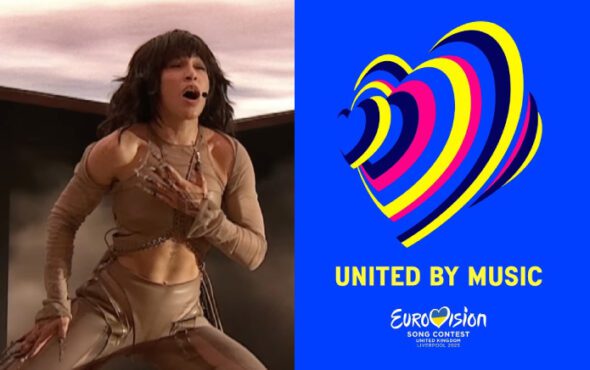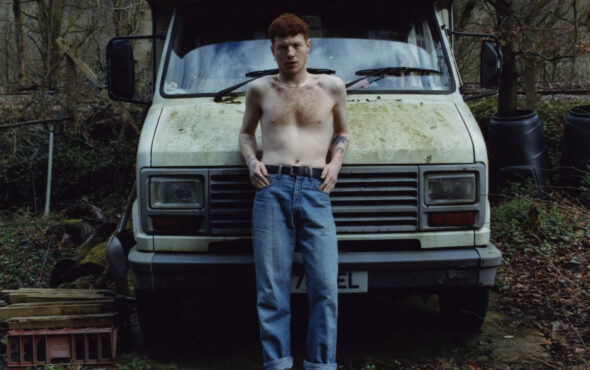
The Eurovision 2023 final reached a massive milestone in the contest’s 67-year history.
On 13 May, 26 countries returned to the Liverpool Arena to battle it out for the coveted first-place title and Eurovision trophy.
Due to Russia’s ongoing invasion of Ukraine, the UK hosted the highly anticipated competition on behalf of the European country – who took home the title with Kalush Orchestra’s single Stefania in 2022.
While each artist delivered incredible performances full of showstopping vocals, unique dance routines and jaw-dropping sets, Sweden’s Loreen and her emotional single Tattoo came out on top.
With her historic win, the Euphoria singer became the second person – after Johnny Logan (who won for Ireland in both 1980 and 1987) – and the first-ever female artist to win twice.
Sweden is also now tied with Ireland for the most Eurovision wins, with a total of seven titles.
However, Sweden and Loreen weren’t the only ones to make Eurovision history.
On 14 May, the BBC’s director of unscripted Kate Phillips revealed that the 2023 final was the most watched in the competition’s history – with “a five-minute peak of 11 million, average of 9.9 million and share of 63%.”
“What an incredible Contest! It was unforgettable, unmissable event television on a scale never seen before delivered by the BBC to viewers across the UK and millions more watching around the world,” she revealed in a Twitter statement.
✨ The Eurovision Song Contest 2023 Grand Final scores douze points for the BBC as it becomes the most watched Grand Final ever!
The final saw a 5 minute peak of 11 million, average of 9.9 million and share of 63%. pic.twitter.com/Zcbk8MfOB3
— BBC Press Office (@bbcpress) May 14, 2023
“Sweden took home the trophy in spectacular style, and 2022 winners Ukraine were at the heart of the show.
“The fact that so many millions of people tuned in reflects just how significant Eurovision has become and truly underlines the theme behind this year’s contest, United by Music. We really hope we did Ukraine proud.”
Director of Culture Liverpool, Claire McColgan, echoed similar sentiments while also highlighting Liverpool’s rich cultural history.
“As all the sequins, disco balls and flags get packed away, and the numbers regarding economic impact and the crunching of figures come out. I want to reflect on what this city has done well, because it is important,” she wrote in a statement posted on Culture Liverpool’s website.
“In cities that aren’t London, it is easy to have one narrative, one story, a history that can dominate your present.
“But Liverpool is different, Liverpool is complex. And that’s why I love it. It has highs and lows like nowhere else. It has a big outspoken heart and an opinion for basically everything. It is contrary and confrontational. Kind and emotional. And it loves to party.
“That’s why Eurovision has supersized here… the bonkers-ness, the brashness, the heart and the authenticity, everything we have done has had Ukraine in the centre of it, because that is who we are.”
We can’t wait to see the numbers for next year’s Eurovision Song Contest.



